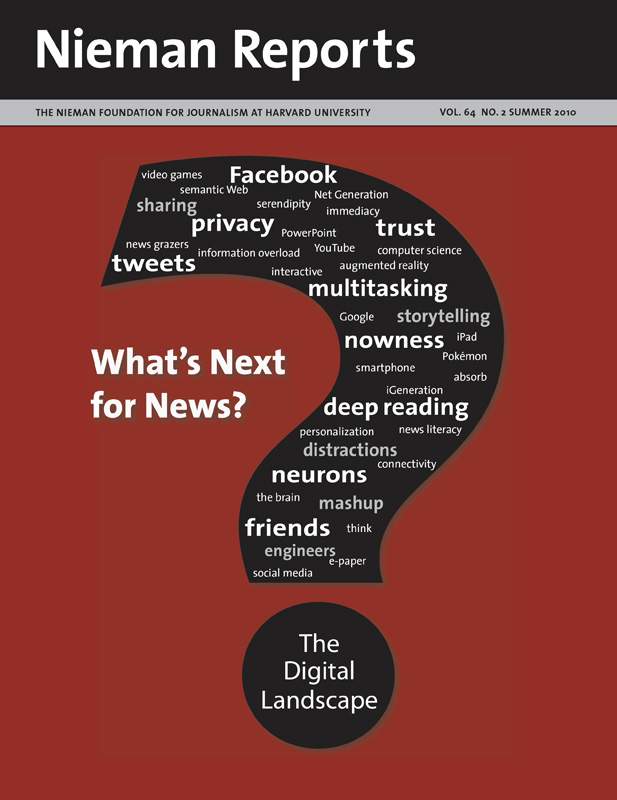RELATED ARTICLE
"A Big Question: ‘How Is the Internet Changing the Way You Think?’"
- John BrockmanThe Edge project was inspired by the 1971 failed art experiment entitled “The World Question Center” by the late James Lee Byars, John Brockman’s friend and sometime collaborator. Byars believed that to arrive at an axiology of societal knowledge it was pure folly to go to Widener Library at Harvard and read six million volumes. Instead, he planned to gather the 100 most brilliant minds in the world in a room, lock them behind closed doors, and have them ask each other the questions they were asking themselves. The expected result, in theory, was to be a synthesis of all thought. But it didn’t work out that way. Byars identified his 100 most brilliant minds and called each of them. The result: 70 people hung up on him.
A decade later, Brockman picked up on the idea and founded The Reality Club, which, in 1997, went online, rebranded as Edge.
"A Big Question: ‘How Is the Internet Changing the Way You Think?’"
- John BrockmanThe Edge project was inspired by the 1971 failed art experiment entitled “The World Question Center” by the late James Lee Byars, John Brockman’s friend and sometime collaborator. Byars believed that to arrive at an axiology of societal knowledge it was pure folly to go to Widener Library at Harvard and read six million volumes. Instead, he planned to gather the 100 most brilliant minds in the world in a room, lock them behind closed doors, and have them ask each other the questions they were asking themselves. The expected result, in theory, was to be a synthesis of all thought. But it didn’t work out that way. Byars identified his 100 most brilliant minds and called each of them. The result: 70 people hung up on him.
A decade later, Brockman picked up on the idea and founded The Reality Club, which, in 1997, went online, rebranded as Edge.



